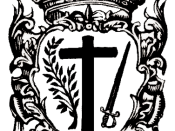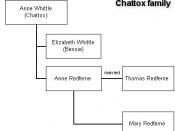One could not be blamed when reading about the Early Modern period for thinking that it was a highly violent and persecuting society. The trials for witchcraft in addition to the Inquisition and the burning of both Protestants and Catholics are at the forefront of ones mind. This essay seeks to explain what the effects of these various institutions were, as well as placing them in a sufficient enough context to be able to state whether Early Modern Europe had a persecuting society. Additionally, the influences that created the methods of persecution as well as having an effect on them once they were actually in place shall be looked at. This is an attempt to explain what made the avenues of persecution grow and become as relevant as they did to Early Modern society.
There is a great deal of historiography regarding the witchcraft trials and the reason for their existence.
Of course some historians believe that witches did actually exist, although there are not many historians with this view in modern society. Some historians see the witches as devil worshippers and believe that they were persecuted as witches for this reason, while some see the witches as being heretics. J.B Russell would be an example of this. The clear theme for many historians is that the people regarded as witches were the people not conforming to the rules of society. The clergy dictated the rules at a local village level. It is therefore no surprise that a distinctly anti-clerical feeling runs through many historical works on this subject . Of course there is also the feminist viewpoint that women themselves were being persecuted, although this does not hold up in debate due to the number of men that were also tried for witchcraft . It is easy to say...

